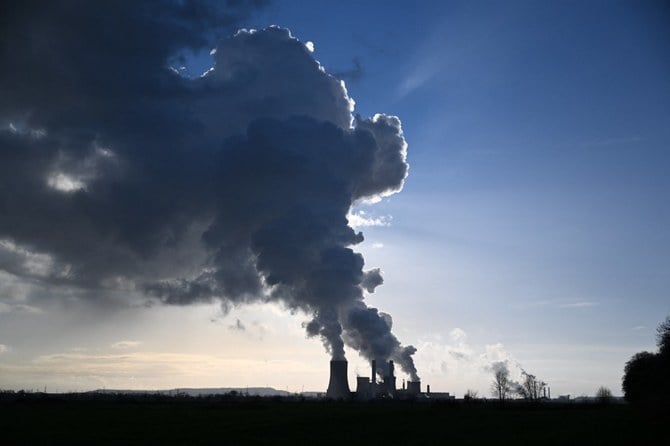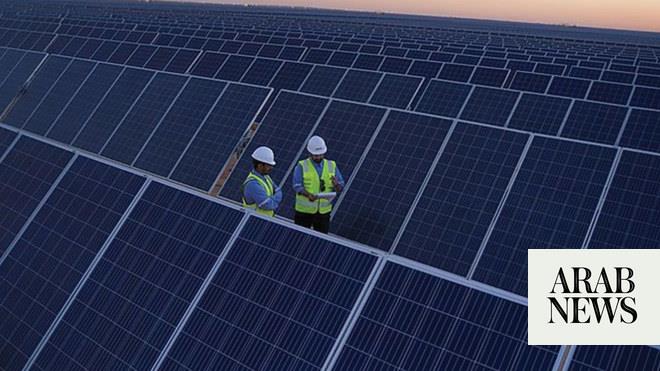
In Paris, the Eiffel Tower went dark. In London, a kaleidoscope of famous sites switched off their lights — Tower Bridge, Big Ben, Piccadilly Circus, the London Eye.
That scene was repeated over and over across the world Saturday night: at Sydneys Opera House; at New Delhis great arch; at Petronas Towers in Kuala Lumpur, Malaysia; at Edinburgh Castle in Scotland; at Brandenburg Gate in Berlin; at St. Basils Cathedral in Moscow. It lasted for just an hour and its power is purely symbolic. But in countries around the world, at 8:30 p.m., people were switching off their lights for Earth Hour, a global call for international unity on the importance of addressing climate change.
Earth Hour, which started in Australia in 2007, is being observed by millions of supporters in 187 countries, who turned off their lights at 8:30 p.m. local time in what organizers describe as the worlds "largest grassroots movement for climate change".
"It aims to raise awareness about the importance of protecting the environment and wildlife," Earth Hour organizer WWF Australia chief Dermot OGorman told AFP.
In Paris, the Eiffel Tower plunged into darkness as President Emmanuel Macron urged people to join in and "show you are willing to join the fight for nature".
"The time for denial is long past. We are losing not only our battle against climate change, but also our battle against the collapse of biodiversity," he said on Twitter.
Moscows Red Square also fell dark and the Russian section of the International Space Station dipped its lights, the Ria Novisti news agency said.
UN Secretary-General Antonio Guterres said the event "comes at a time of huge pressure on people and planet alike".
"Resources and ecosystems across the world are under assault. Earth hour is an opportunity to show our resolve to change."












